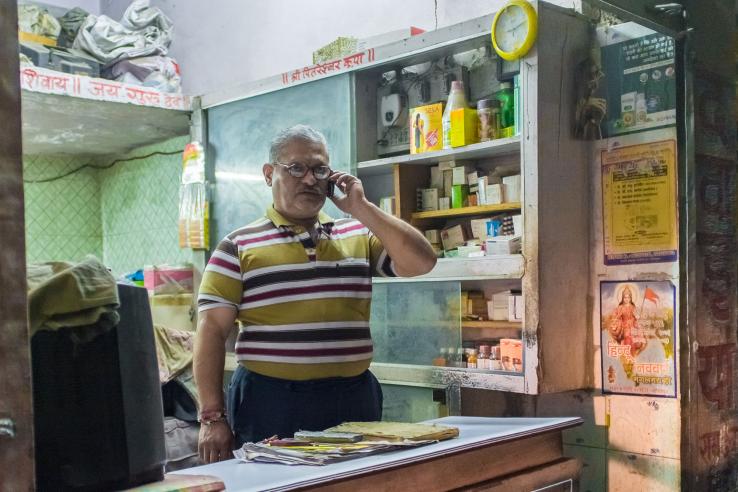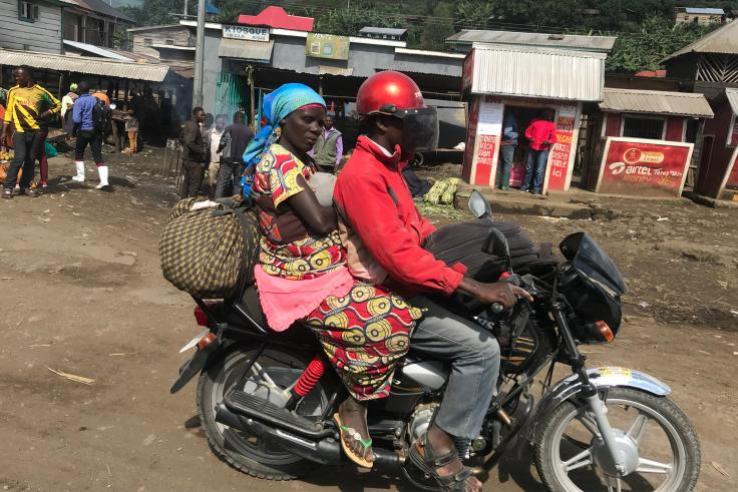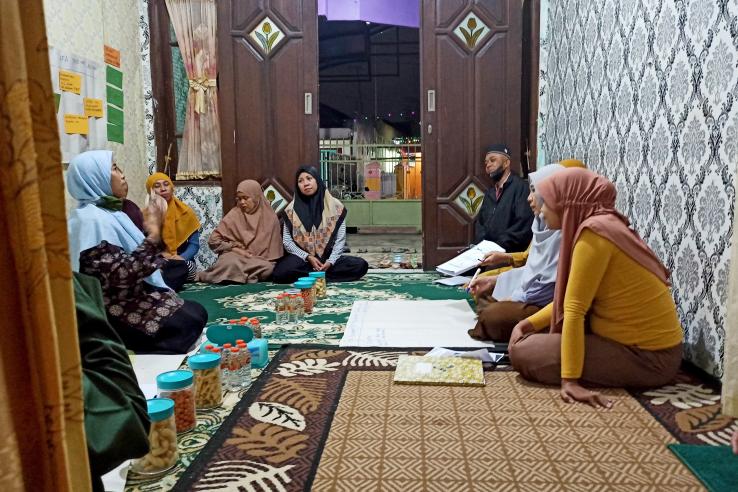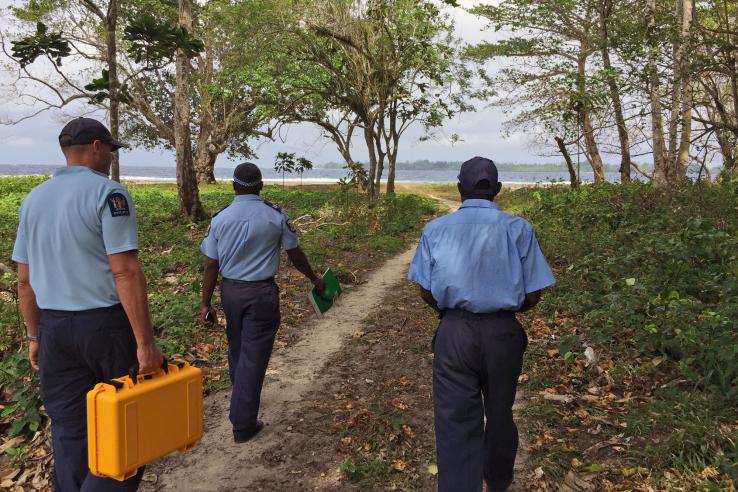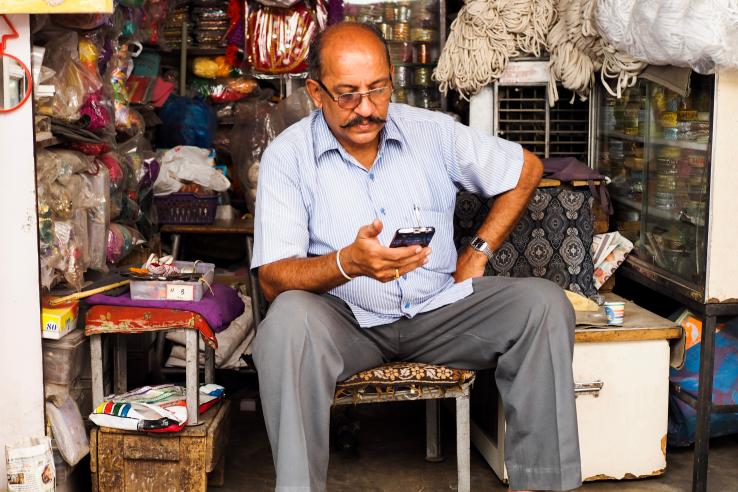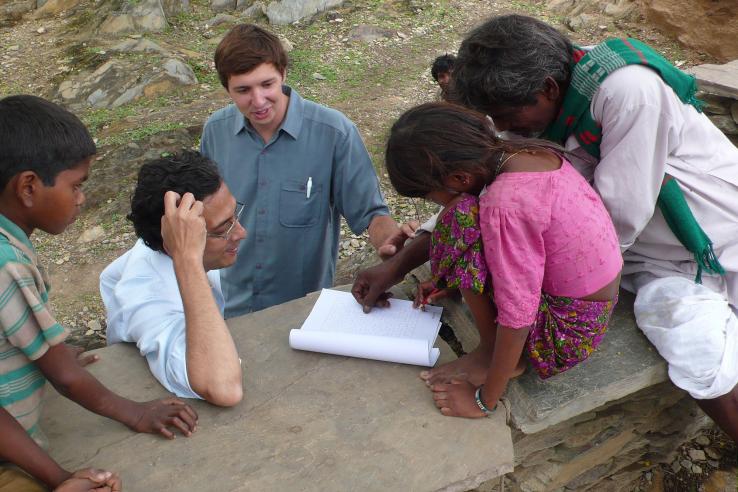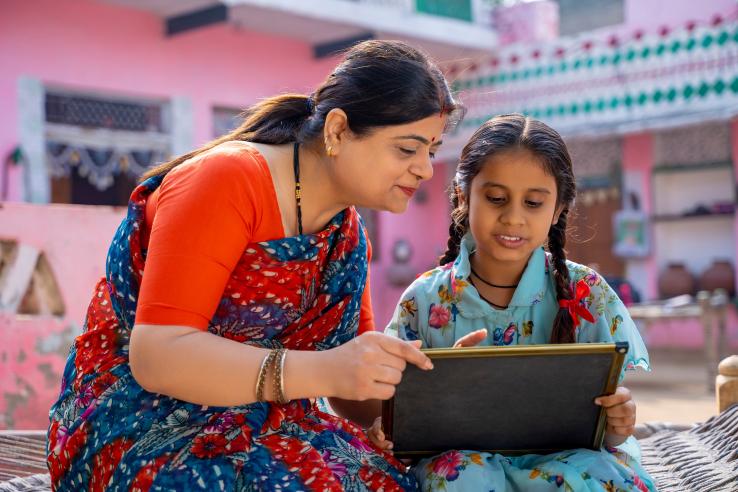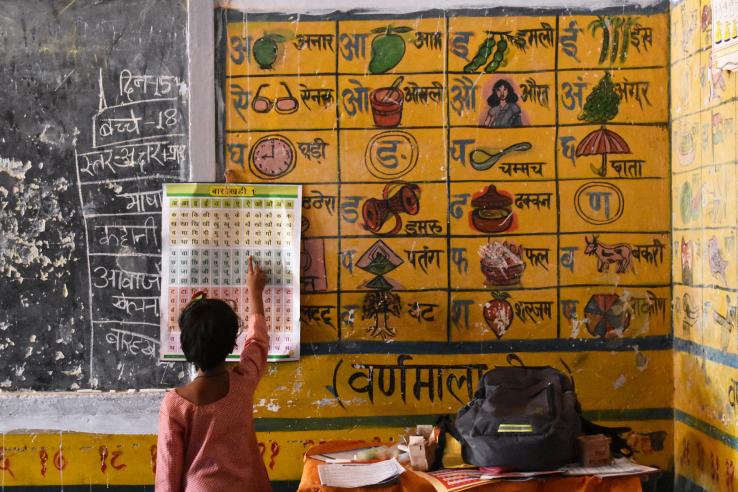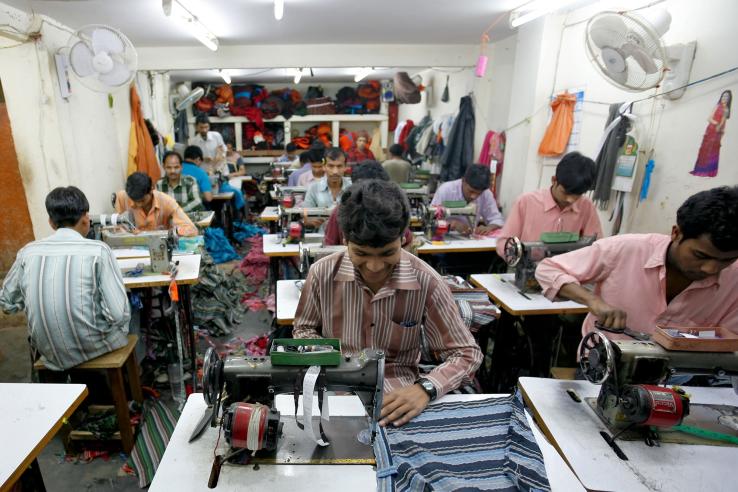Displaying 4591 - 4605 of 8489
Evaluation
Researchers evaluated the impact of providing easy-to-remember and easy-to-adopt rules of thumb to microentrepreneurs in India in order to help improve their businesses performance.
Evaluation
In the United States, researchers evaluated the social welfare impacts of one very popular nudge to decrease energy consumption—Home Energy Reports (HERs). While they found that the HERs increased social welfare overall, these gains were far less than those reported by previous evaluations that did not account for many of the non-energy costs incurred by nudge recipients.
Evaluation
In Bangladesh, researchers partnered with BRAC to evaluate the impact of repayment flexibility in loan contracts for microentrepreneurs. Repayment flexibility benefited traditional microfinance borrowers primarily through the provision of insurance, enabling riskier investments at lower default rates.
Evaluation
The City of Chelsea implemented a cash transfer program called Chelsea Eats, which provided eligible households with up to US$400 per month for nine months. Researchers conducted a randomized evaluation on the impact of the unconditional cash transfer on health care utilization and a variety of health outcomes. Those who received the cash transfer had fewer emergency department visits, including those related to behavioral health or substance use, fewer admissions to the hospital from the emergency department, and more outpatient visits to subspecialists than those who did not receive the cash transfer.
Evaluation
In partnership with the Provincial Government of Kasaï-Central in the Democratic Republic of Congo, researchers conducted a randomized evaluation during the 2018 property tax collection campaign to test the impact of lower property tax rates and stronger tax enforcement on revenue collection. Reducing property tax rates from current levels increased government revenue due to higher tax compliance.
Evaluation
Credit-building loan products (CBLs) have begun to proliferate in the U.S. marketplace, but there is little evidence on the effects of these products on consumers and lenders. IPA and RAND worked with researchers to evaluate the impacts of a CBL offered at a credit union in Missouri, both alone and coupled with financial education. While on average CBLs did not affect credit scores, they increased the likelihood of having a credit score and improved credit scores for individuals who did not have loans at the beginning of the study
Evaluation
Many smallholder farmers in sub-Saharan Africa do not use basic agricultural technologies to improve crop quality. In the Senegal River Valley, researchers tested whether receiving advance information on a market reform—introducing quality labels for onions and selling by weight—would lead to changes in farmers’ production habits. Onion farmers who received information about the reform were more likely to adopt practices to improve quality, leading to substantial revenue gains. Despite these gains, the reforms were abandoned in the following season, largely due to opposition from traders.
Evaluation
A researcher evaluated the impact of empowerment training for female citizens and training for male council chairs on women's participation in neighborhood associations, known as rukun tetangga (RT) in Malang, East Java, Indonesia.
Evaluation
The researcher used a randomized evaluation in Papua New Guinea to study the impact of the Community Auxiliary Police (CAP), a program that devolves policing powers to carefully selected community members. Results suggest increased state presence may have widened the gap between men and women’s preferences for state versus customary authorities but did not reduce crime.
Evaluation
Researchers evaluated the impact of bank accounts that allowed mobile deposits on savings behavior in Sri Lanka. Few account holders used the service frequently, even when offered for free. Mobile-linked accounts increased savings deposits with the partner bank and formal banks more generally but had no impact on total savings.
Evaluation
Researchers partnered with the Indian NGO Pratham to evaluate whether different technologies and implementation methods can increase students’ English test scores. Overall, the interventions were effective at increasing students’ knowledge of English.
Evaluation
Researchers conducted a randomized evaluation to measure the demand for private tutoring services and estimate how pricing can influence enrollment in these services. Results suggest that higher prices reduced demand for private tutoring and also led to higher drop-out rates over time, with no impact of tutoring on test scores.
Evaluation
Researchers evaluated the impact of immediately following up an early childhood development intervention for one-to-three-year-old children with a second intervention for three-to-six-year-olds. The early and late interventions each increased IQ and school readiness for children, although there was not enough evidence to determine whether offering both programs was more effective than offering one.
Policy insight
Informal firms are defined as those that operate outside of the legal and regulatory system and are therefore not registered for the required business operating licenses. Operating formally may allow firms to grow by expanding their customer base, paying fewer fines, and gaining access to more...
Policy insight
Economists have long identified large differences in productivity between countries and between firms. One potential explanation for the persistent gap is that some firms have better management practices than others.
